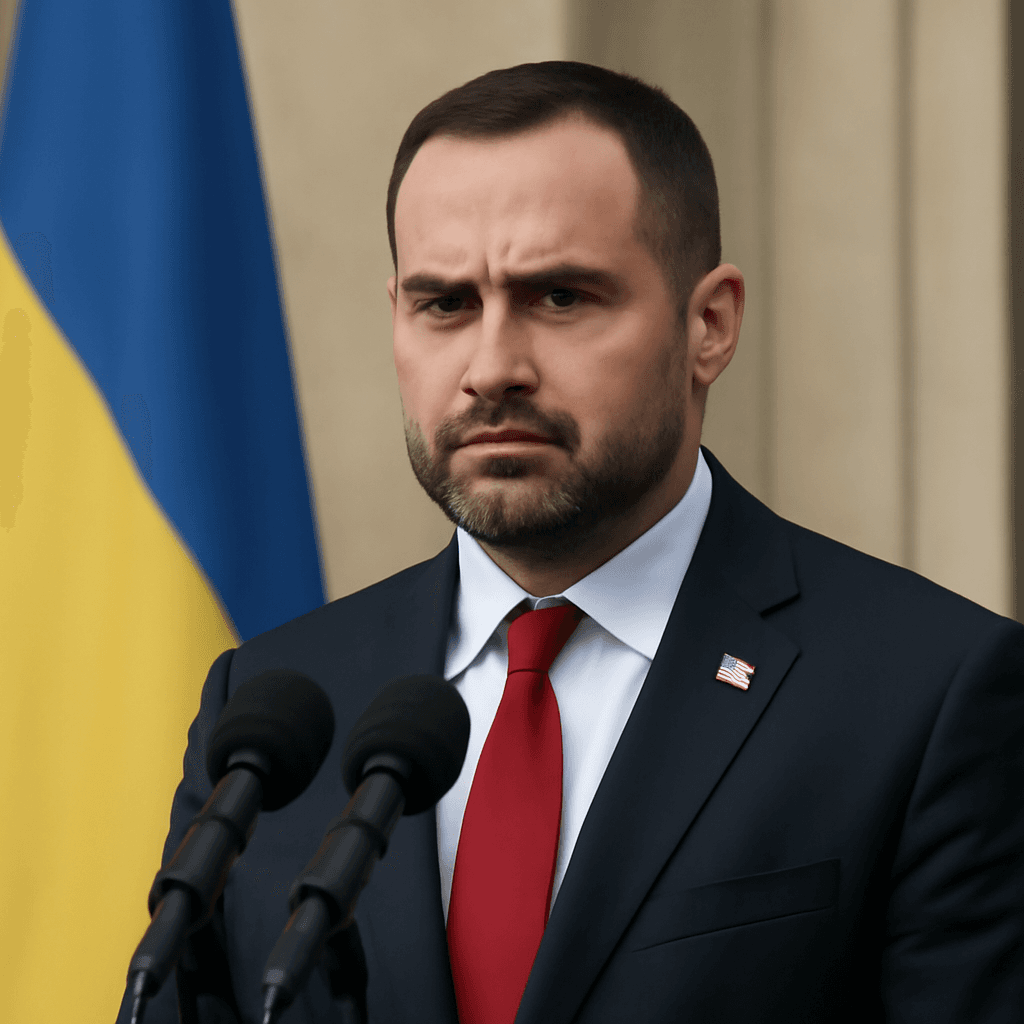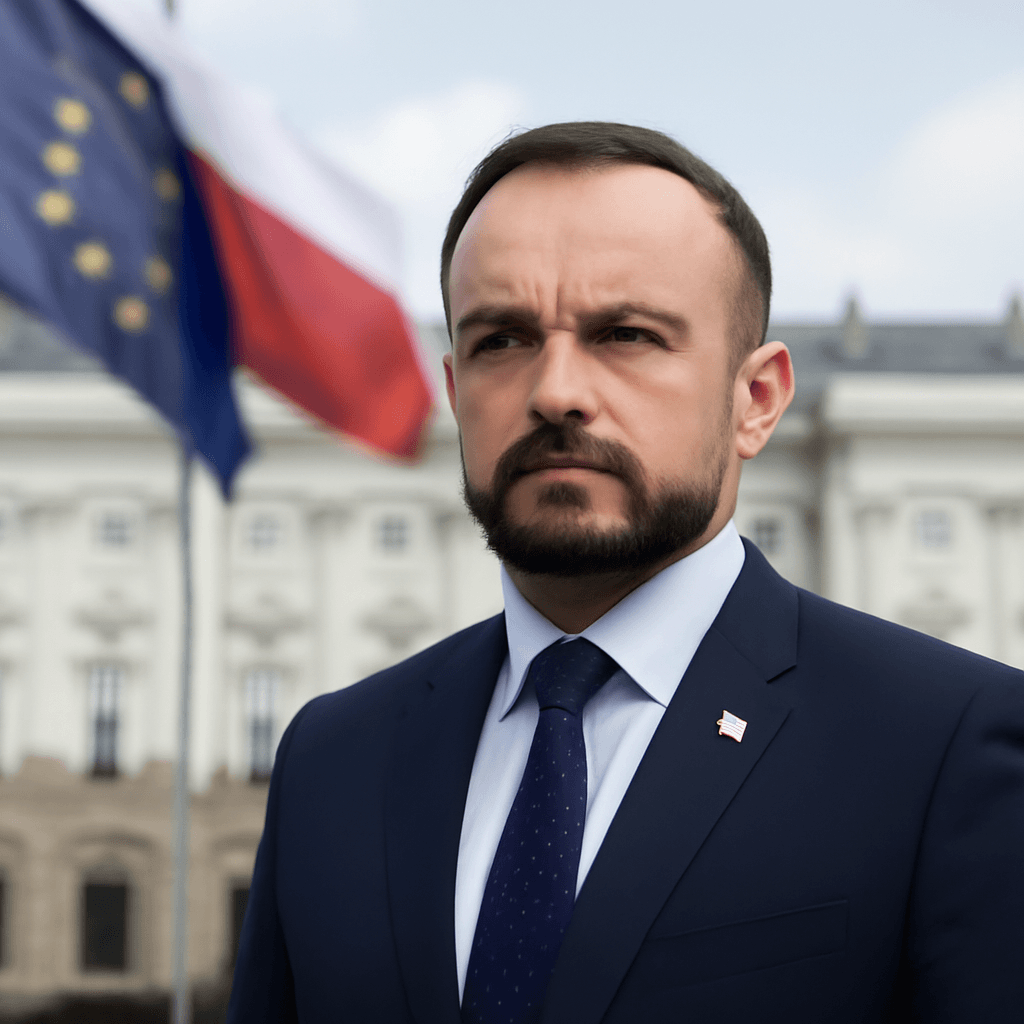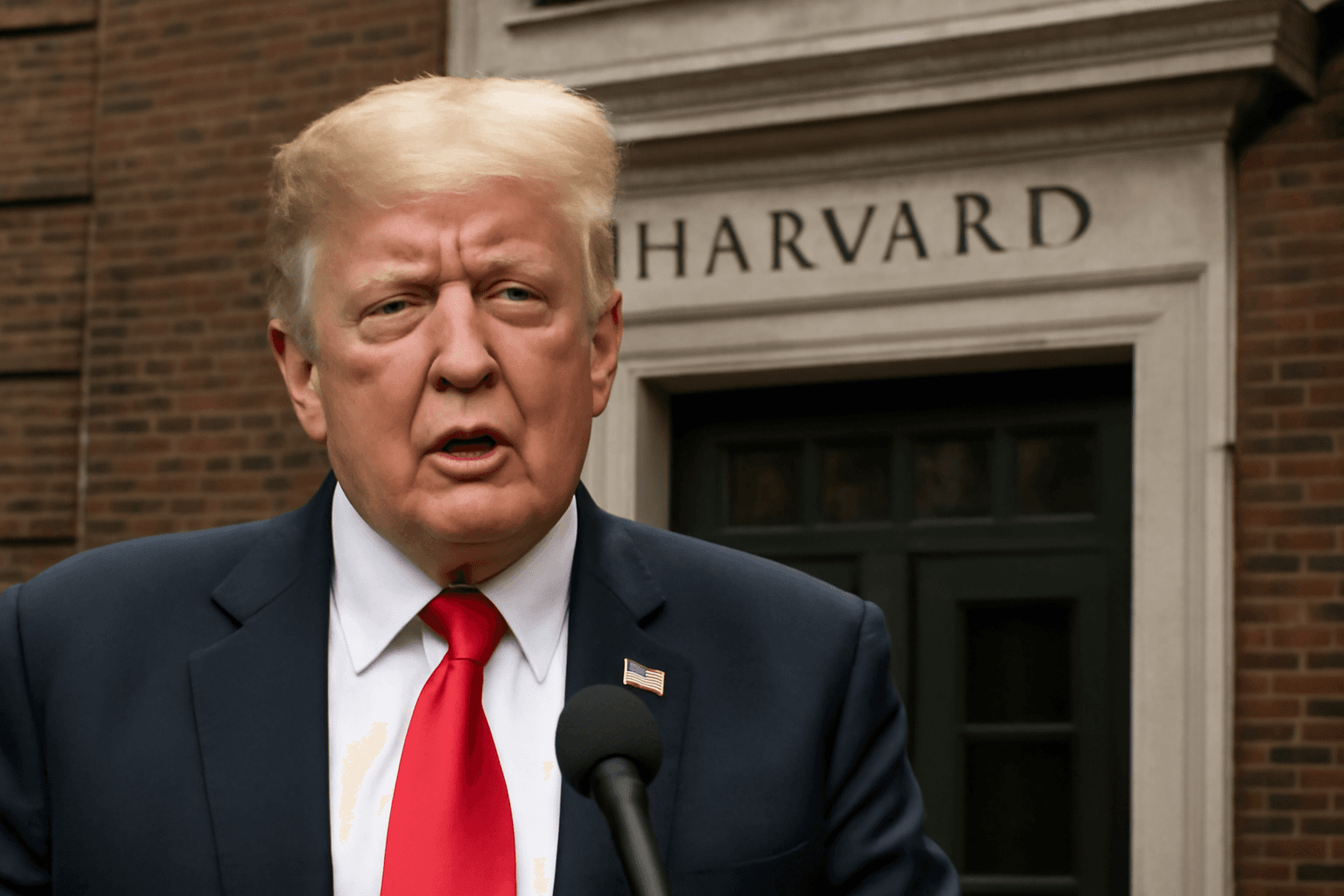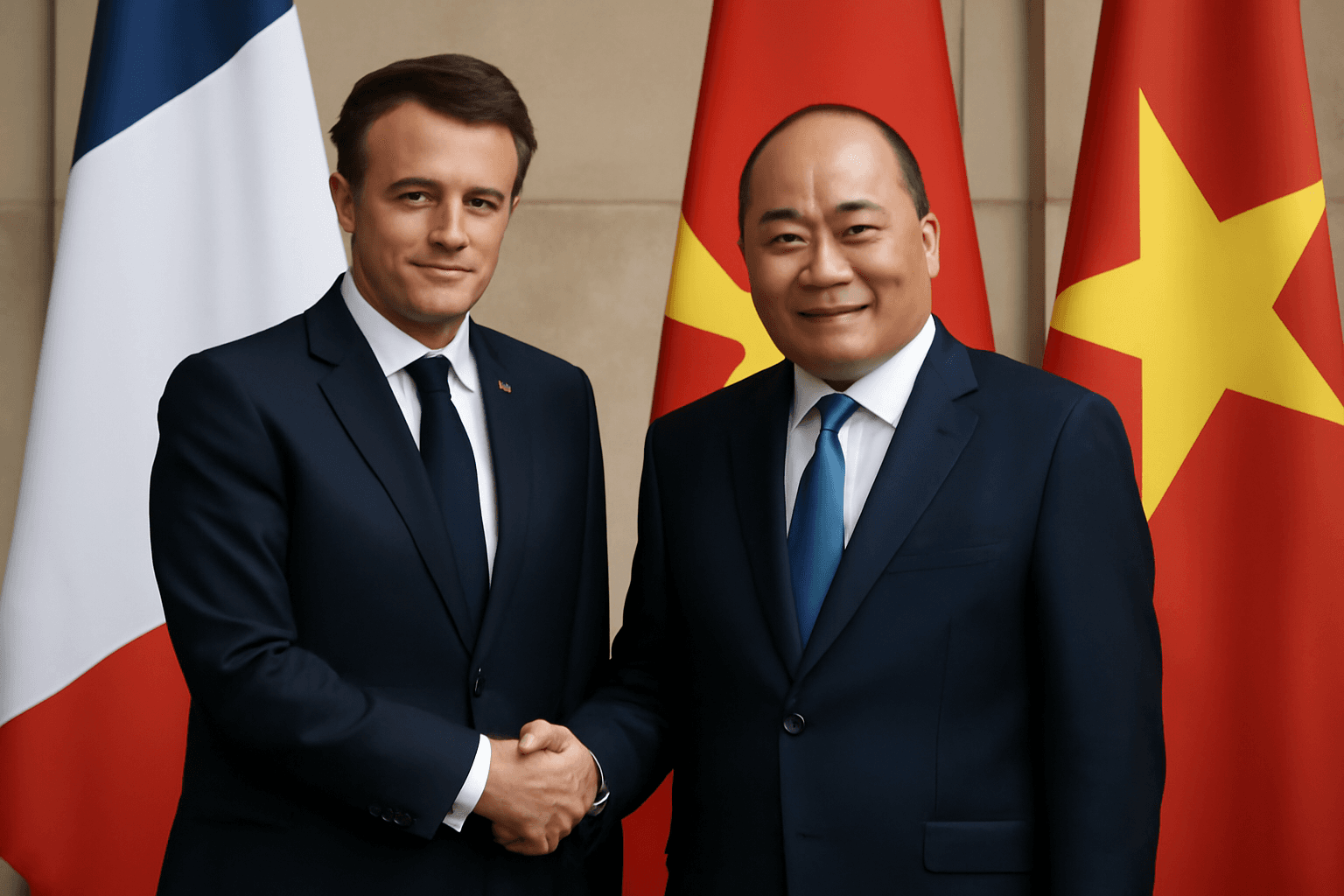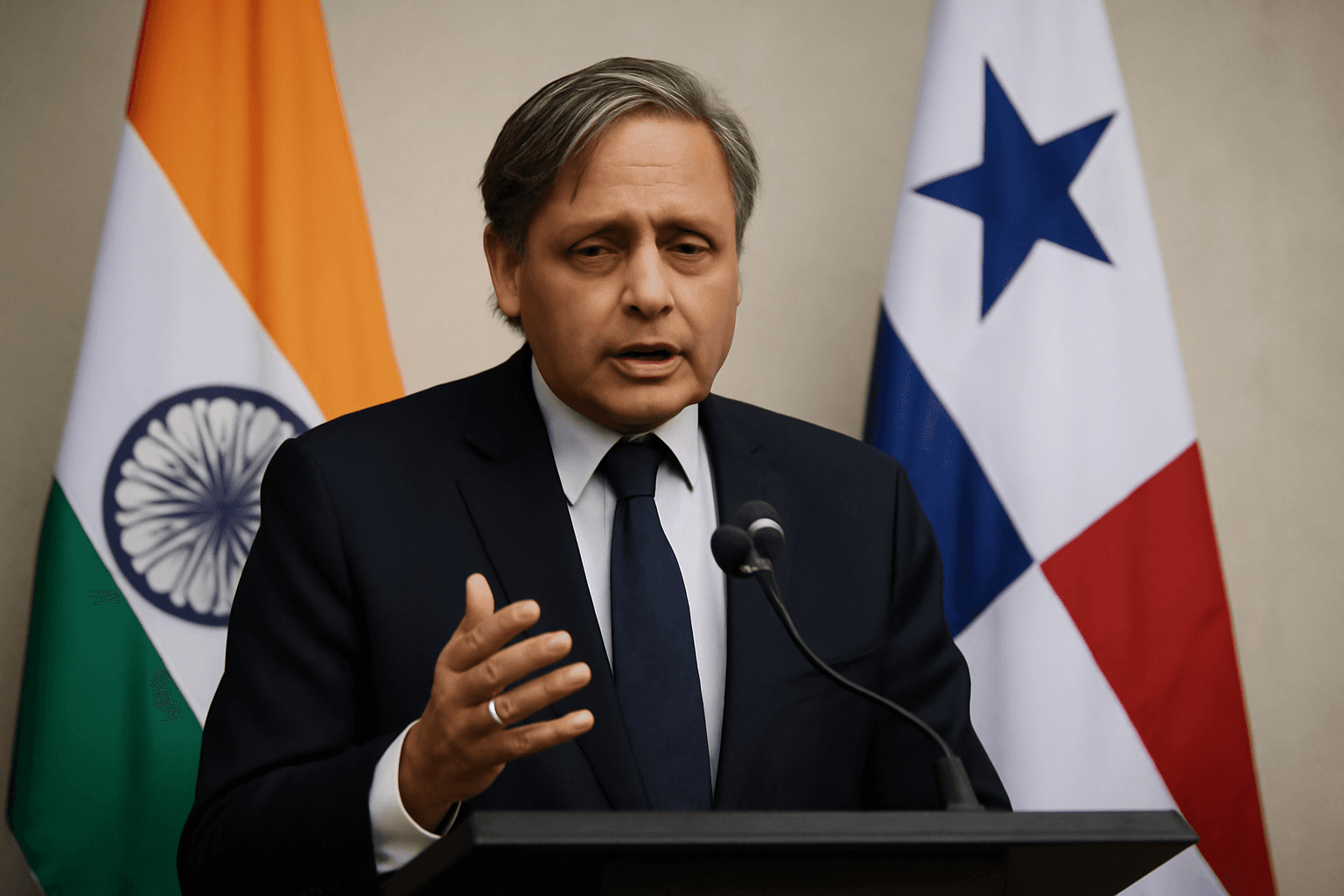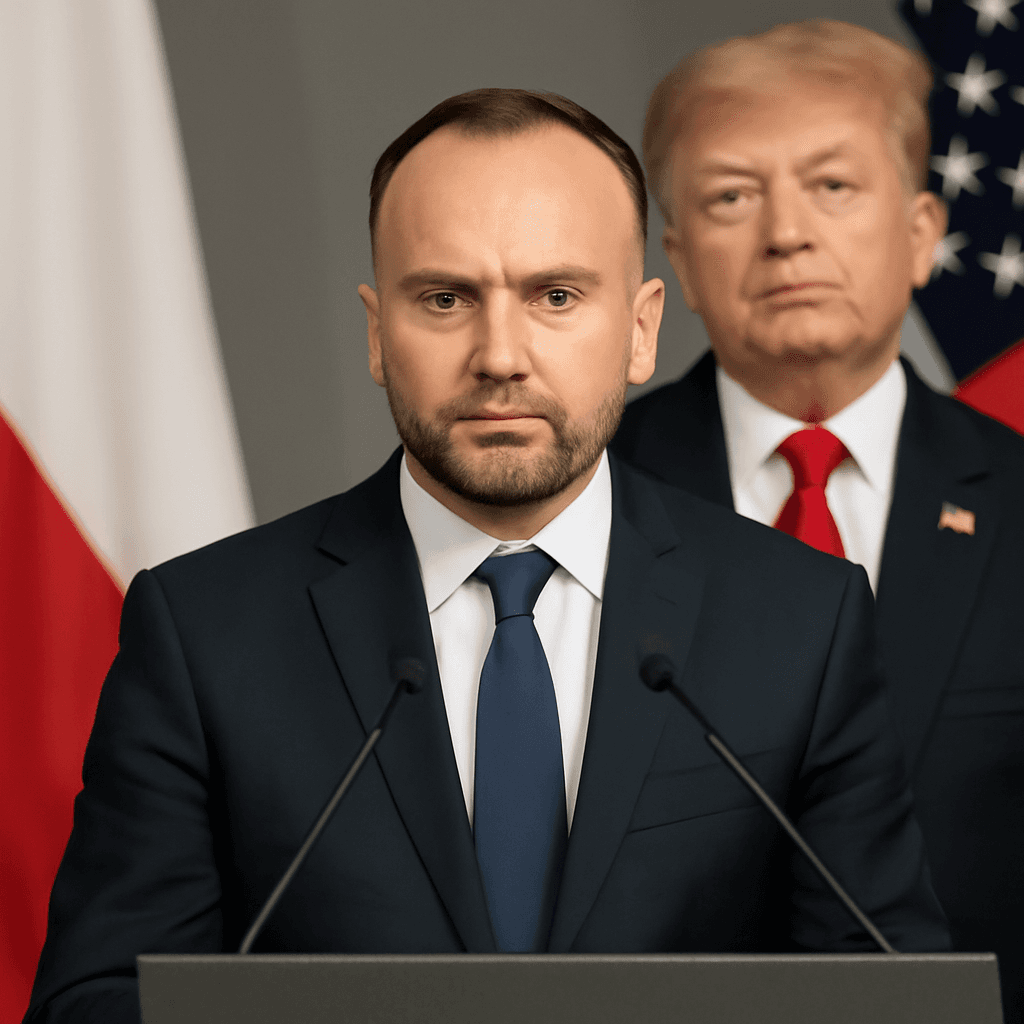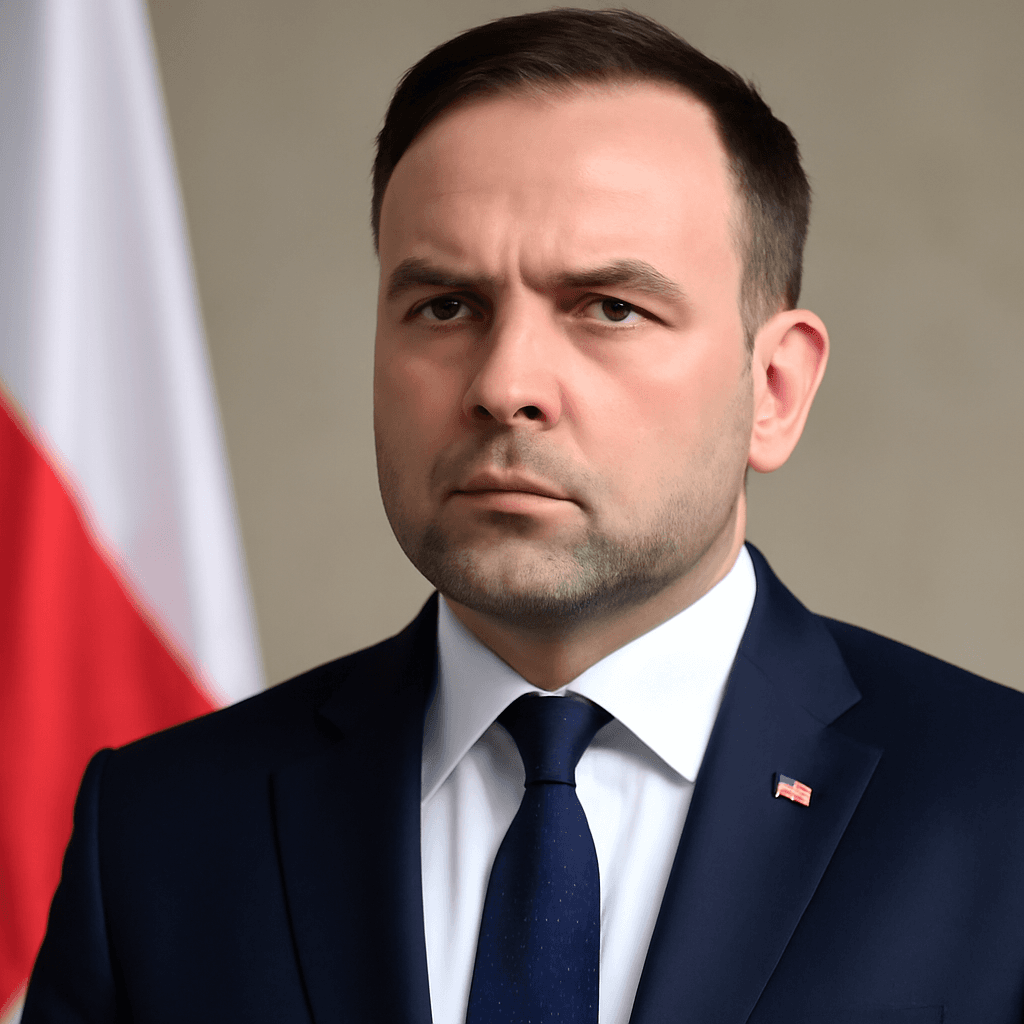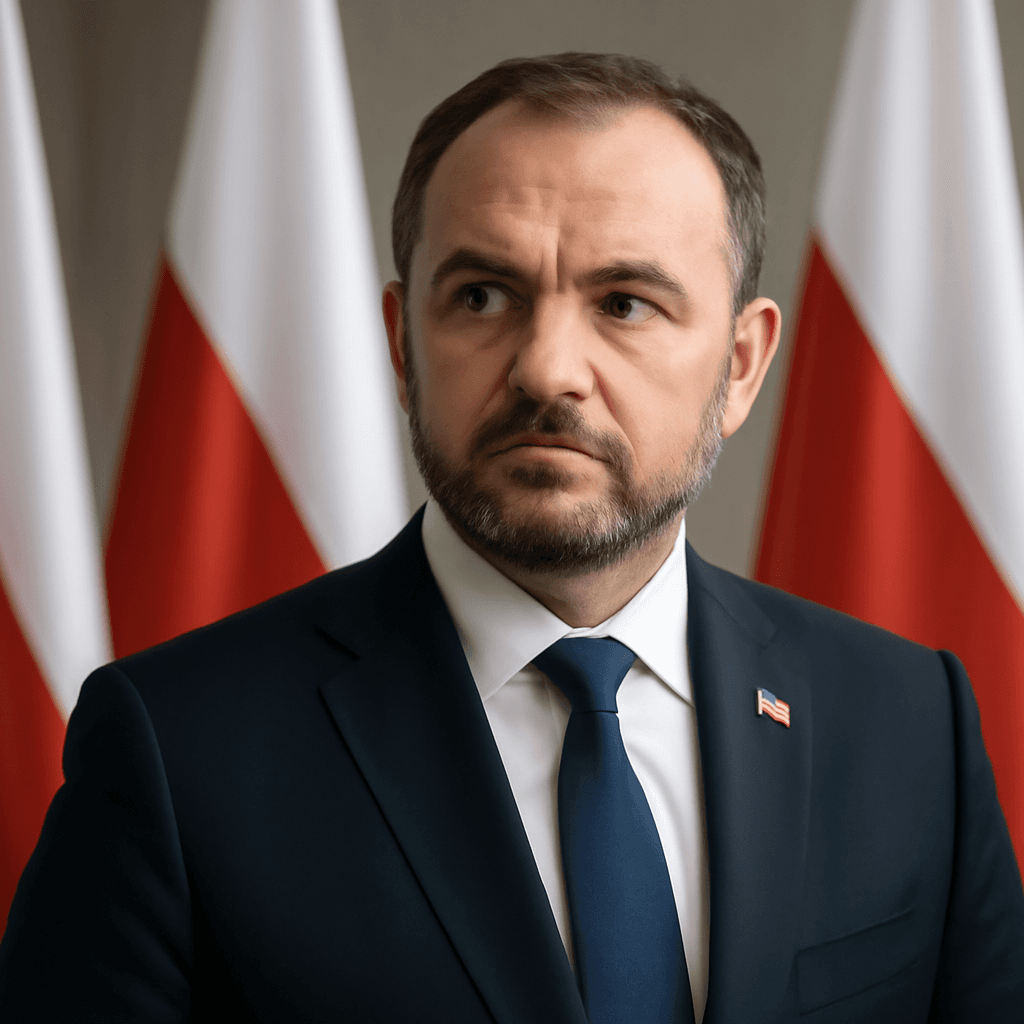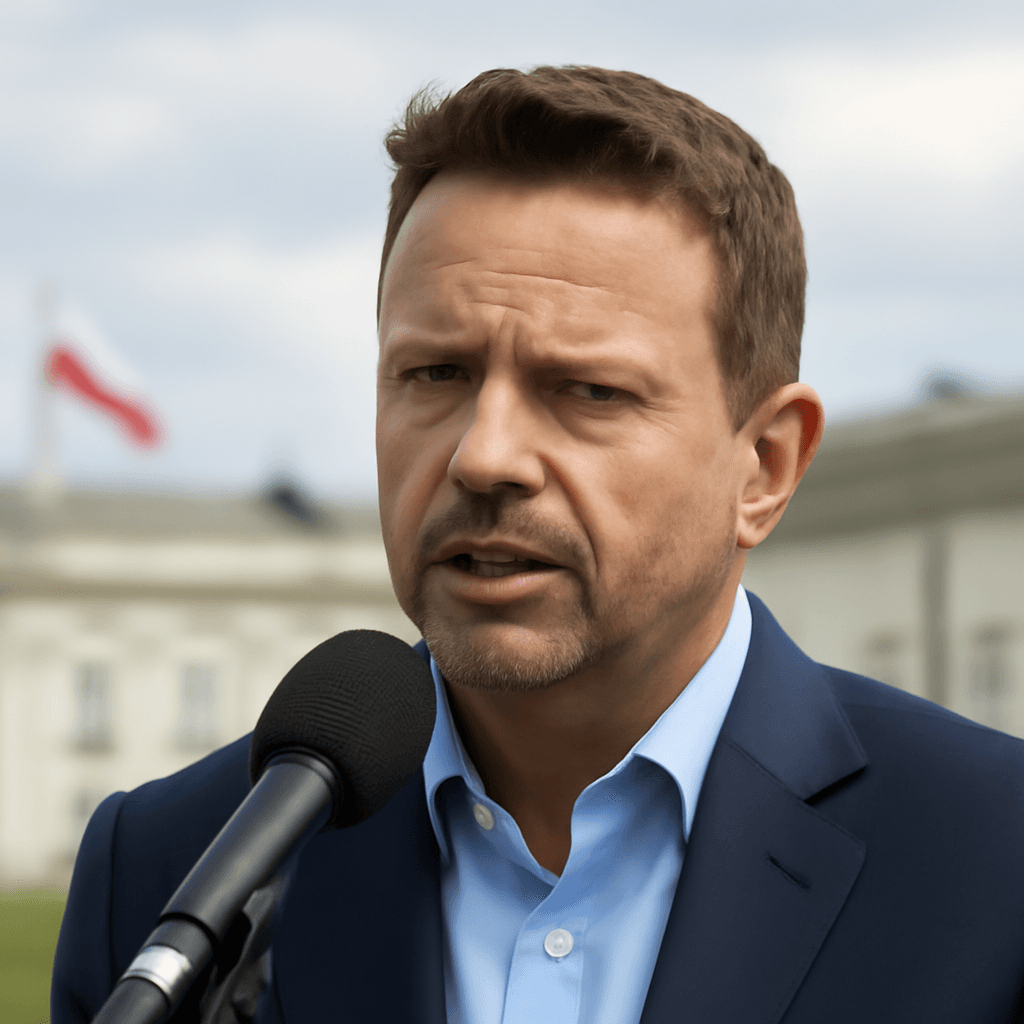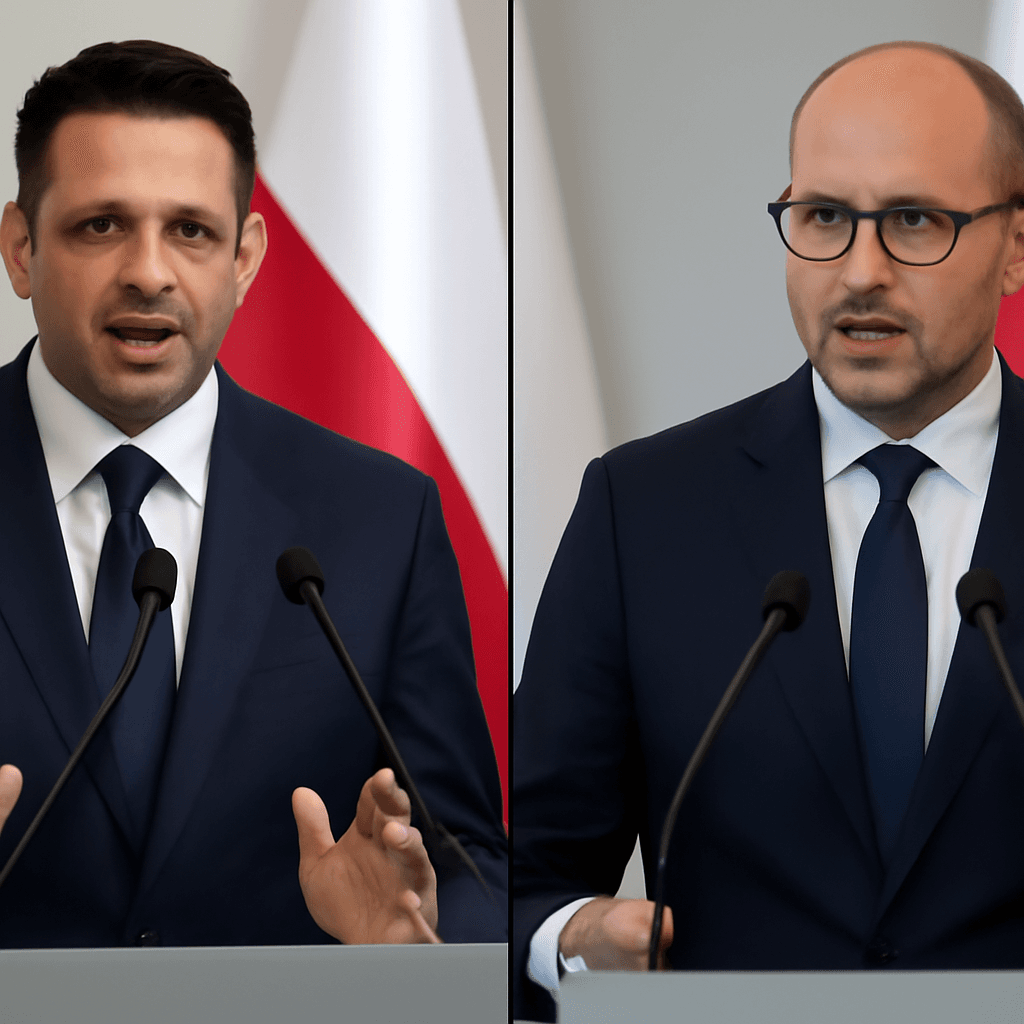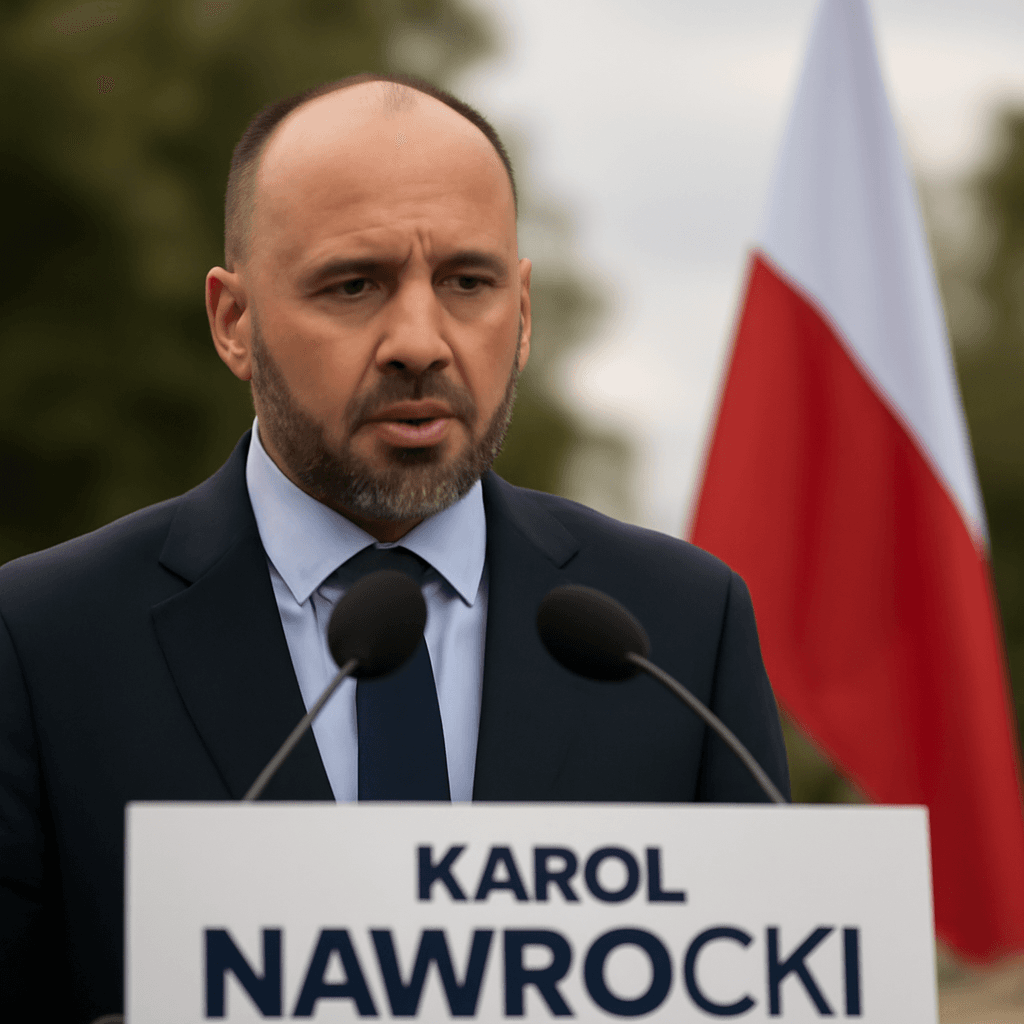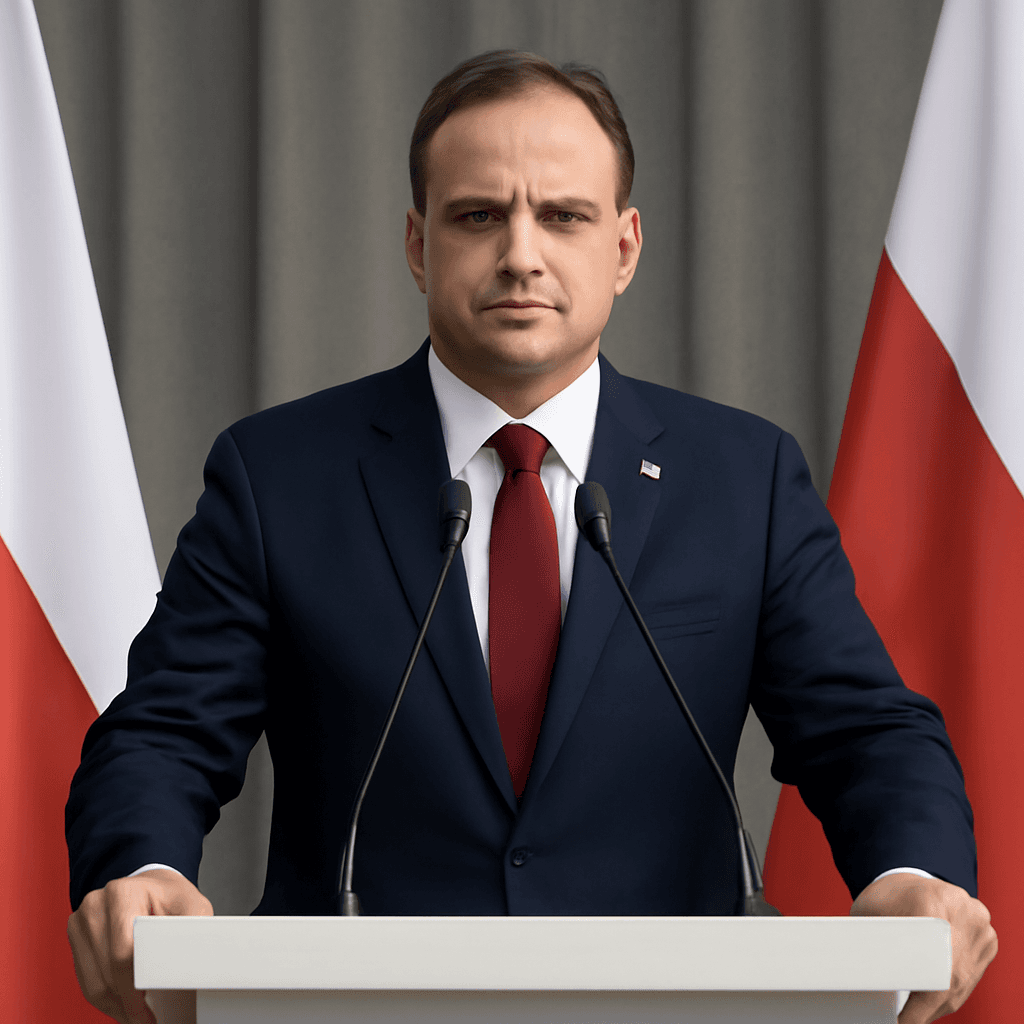Nationalist Victory in Poland’s Presidential Election Raises Regional Concerns
The recent election of Karol Nawrocki as Poland’s president signals a potential shift in the country’s political landscape, with implications for its relationship with Ukraine and the broader European region. Nawrocki, a nationalist historian backed by the right-wing Law and Justice (PiS) party, narrowly defeated centrist candidate Rafał Trzaskowski in a tightly contested runoff, challenging the pro-European Civic Coalition led by Prime Minister Donald Tusk.
Impact on Poland-Ukraine Relations and NATO Prospects
While Nawrocki has expressed commitment to supporting Ukraine's defense against Russia, he opposes Kyiv's accession to the North Atlantic Treaty Organization (NATO). This marks a departure from Poland’s traditional bipartisan support for Ukraine’s integration into Western security structures. Nawrocki has cited concerns that Ukraine’s NATO membership could entrain the alliance in a conflict with Russia, a stance that contrasts with previous Polish administrations.
Despite denying any pro-Russian leanings, Nawrocki’s campaign leveraged public fatigue regarding the hosting of Ukrainian refugees and fears of Poland being drawn into ongoing conflicts. This sentiment reflects a nuanced shift in public opinion, impacting Poland’s foreign policy posture.
Presidential Powers and Political Dynamics
Though executive authority resides primarily with the government, the Polish president holds veto powers and can propose legislation, enabling Nawrocki to influence policy directions. Notably, he has declared he will not ratify Ukraine’s NATO accession, a move criticized by Ukrainian officials and signaling possible friction ahead.
Ukrainian political figures have voiced concerns that Nawrocki’s presidency may complicate Ukraine’s European integration efforts. Meanwhile, a European diplomat highlighted that while the government controls foreign policy, the president’s rhetoric could shift the discourse unfavorably.
Nationalist Rhetoric and EU Relations
Before his presidency, Nawrocki led Poland’s Institute of National Remembrance, often critiquing Ukraine over unresolved historical disputes linked to World War II. His campaign echoed eurosceptic themes prevalent among certain Central European leaders, emphasizing national sovereignty over perceived EU overreach.
He asserted a desire for economic cooperation within the EU but expressed resistance to Brussels influencing social policies, underscoring tensions between national identity and EU integration.
Regional and European Political Implications
Prime Minister Tusk’s government marked a reinvigoration of Poland’s role in the European Union, notably in unlocking withheld EU funds related to rule-of-law issues. However, Nawrocki's election may undermine this momentum, with some diplomats predicting Poland’s influence within the EU could diminish.
Hungarian Prime Minister Viktor Orbán applauded Nawrocki’s victory, viewing it as encouragement for eurosceptic and nationalist movements inspired by leaders like Donald Trump. Analysts suggest this trend strengthens arguments prioritizing national identity over EU funding within Central Europe.
Domestic Political Coexistence and Future Outlook
With the president and prime minister hailing from opposing political camps, Poland faces a period of political cohabitation until at least the 2027 parliamentary elections. Observers hope this scenario will not detract from Poland’s leadership ambitions in Europe but caution that increased domestic political friction could project instability.
Academic assessments note that while the government will direct foreign policy, aggressive anti-EU rhetoric from Nawrocki could exacerbate perceptions of political discord within Poland, potentially impacting its international standing.
Key Points Summary:
- Karol Nawrocki wins Polish presidency, backed by nationalist Law and Justice party.
- Opposes Ukraine’s NATO membership, marking a shift in Poland’s usual support.
- Presidential veto powers enable policy influence despite executive authority lying with the government.
- Concerns about strained Poland-Ukraine relations and complications for Ukraine’s EU integration.
- Echoes eurosceptic and nationalist sentiments common in Central Europe.
- Potential marginalization of Poland’s influence within the EU under current government structure.

